When to prune raspberries to keep your plant strong and healthy, according to experts
Everything you need to know about pruning raspberries
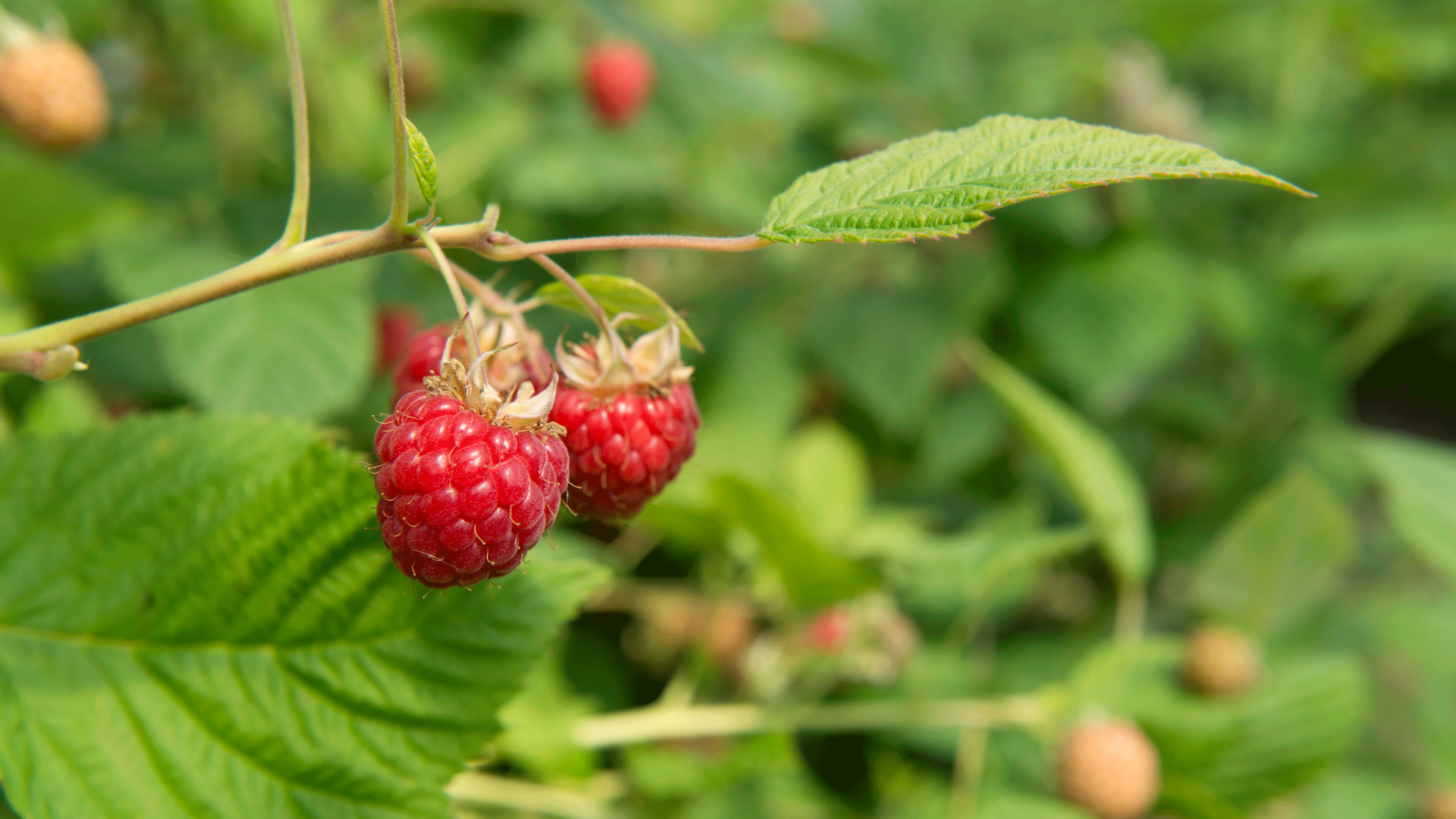

There is nothing more satisfying than growing your own raspberries, but they will need pruning to make sure they keep bearing precious fruit year after year. If this is your first time growing your own raspberries you will need to know when to prune raspberries, and how to do it to get the best results.
Even if you’ve figured out the ingenious technique of how to grow raspberries from shop-bought fruit you'll still need to make sure you take good care of them when pruning.
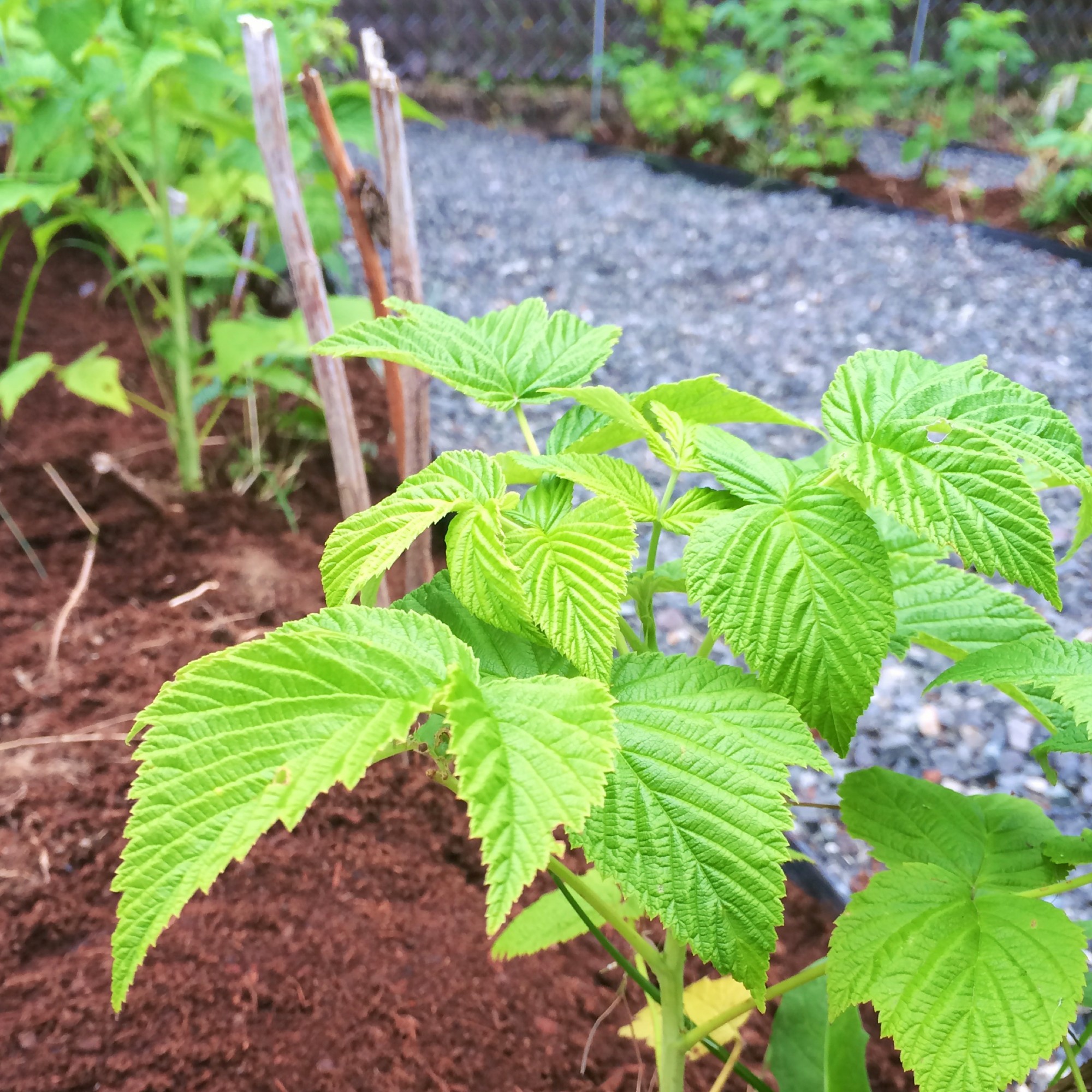
When to prune raspberries
Just like knowing how to prune your raspberries, it's just as crucial to knowing when to prune them. We've asked top gardening experts to give us their pro tips for when to prune raspberries in this short guide to follow in order to give your raspberries the care they need.
The first order of business is to determine whether your raspberries are summer-fruiting or autumn-fruiting. This is important as each needs to be pruned at different times of the year and in different ways.
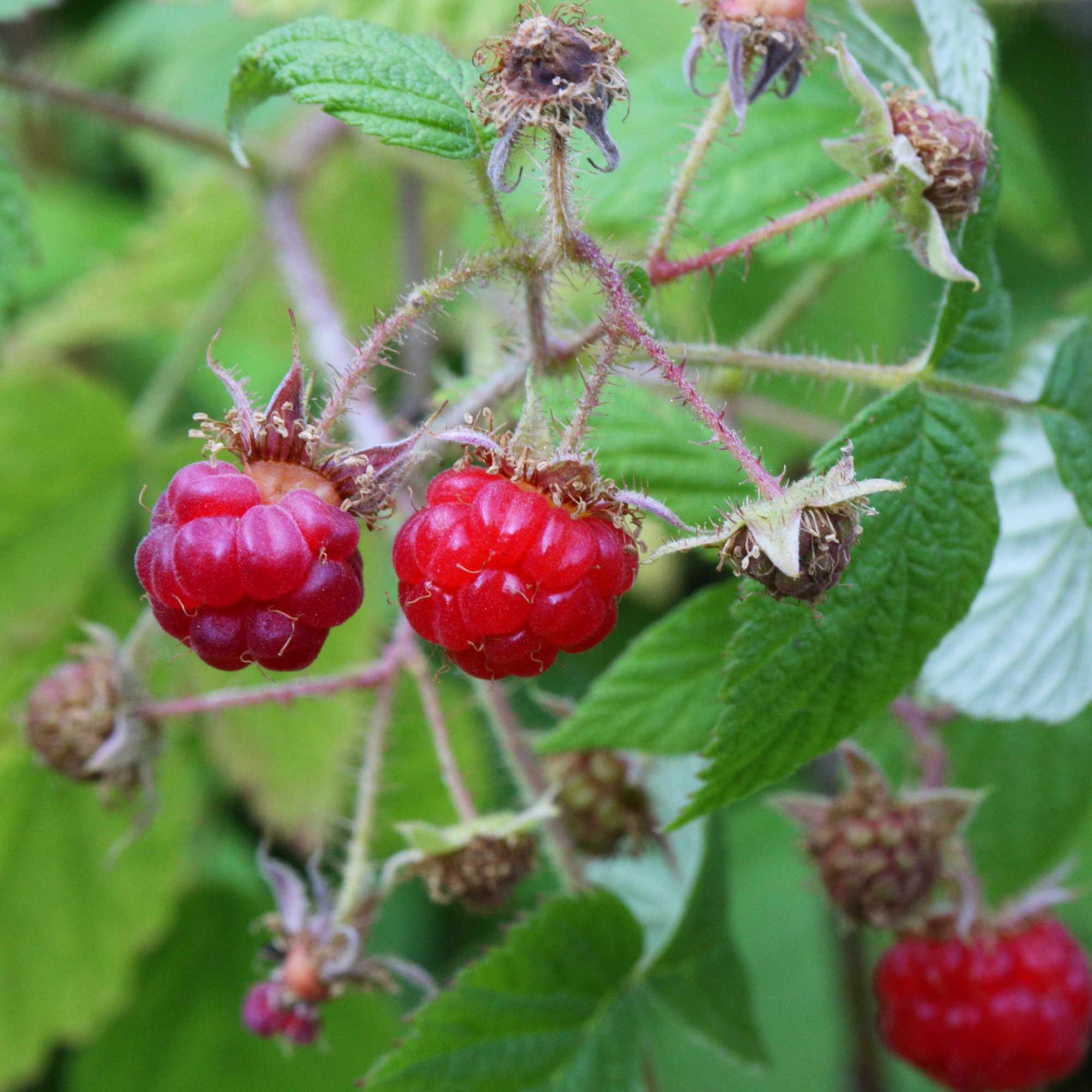
How do I know if my raspberries are summer or autumn?
It’s quite easy to tell just by the season they bear fruit and the size of the plant. 'Summer-fruiting raspberry plants can grow to be quite large, so will need plenty of space to thrive and will typically provide fruit from early to late summer,’ the Rated People team advises.
‘Autumn-fruiting raspberry plants tend to be smaller, so are more suitable for smaller pots or those who have less room to grow fruits at home. As you may have guessed, they will provide fruit from late summer into the autumn.'
When to prune summer-fruiting raspberries
Now that we’ve established what category your raspberry plant falls into, we can move on to pruning. According to Jack Sutcliffe, co-founder of shed manufacturer Power Sheds, summer-fruiting raspberries should be pruned ‘in late summer or early fall, soon after they have been harvested.’
Get the Ideal Home Newsletter
Sign up to our newsletter for style and decor inspiration, house makeovers, project advice and more.
‘Summer-fruiting raspberries culminate on canes that have grown the previous season. So, in order not to get muddled and overcrowded, they should be pruned as soon as they have finished fruiting,’ agrees gardener and author, Sarah Raven.
‘You need to remove any existing and dead canes. Then you need to thin any remaining healthy canes until you have around five left,’ James Williams, gardening expert at Property Rescue, chimes in. ‘This will help these canes to absorb nutrients and grow stronger. It’s also advised that you trim the remaining canes to around 5 feet to again encourage growth.’
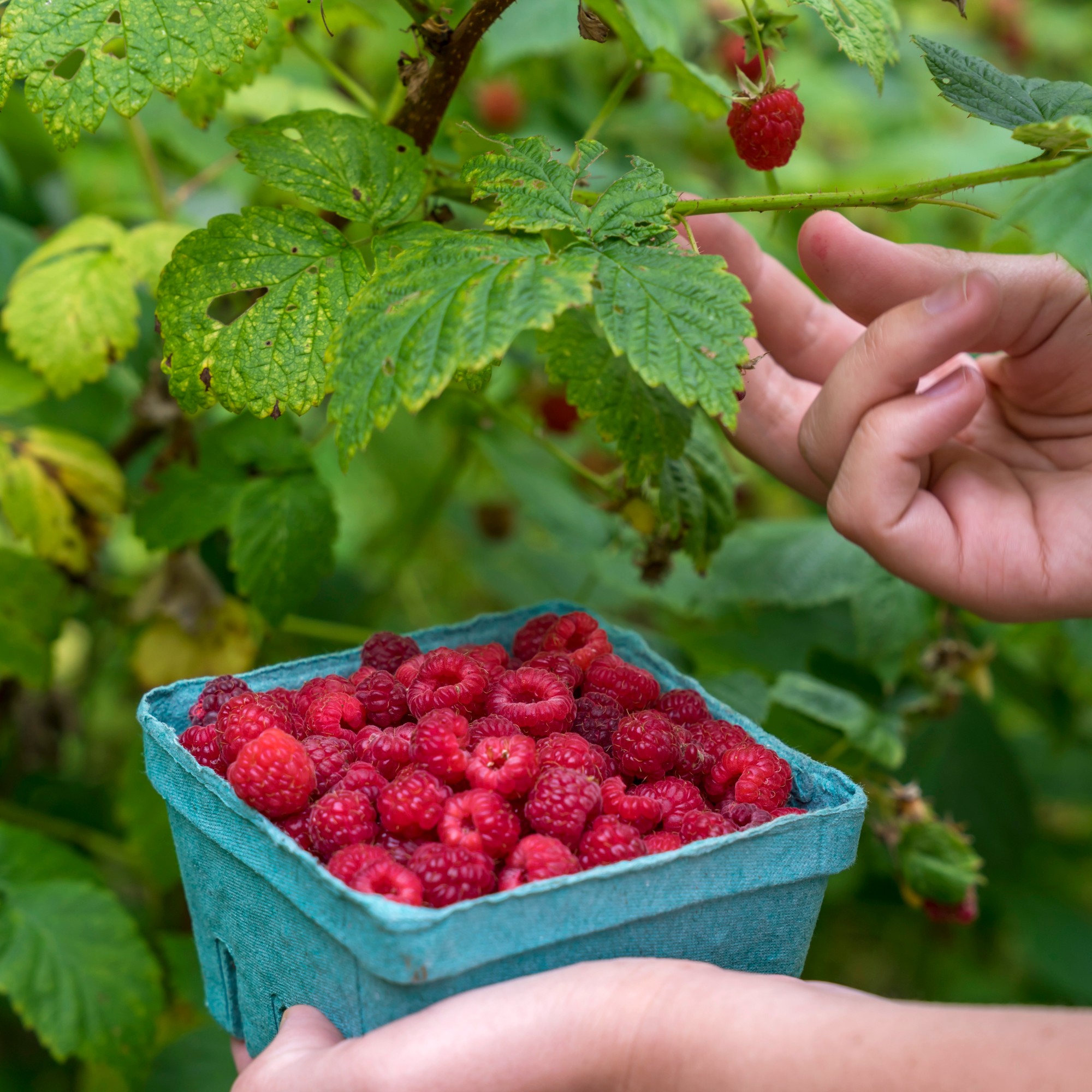
Just please don’t remove any new canes when pruning. An easy way to tell which canes are old and which are new is by their colour and feel – the old ones will be brown and woody, while the new ones should be soft and green.
When to prune autumn-fruiting raspberries
Autumn-fruiting raspberries should be pruned in the winter. ‘Don’t be tempted to tidy them up before that as the pruning can spur them into shooting too early and getting caught in a late frost,’ warns Sarah.
‘This type of raspberry bush usually does all of its growing in one season,’ explains Fiona Jenkins of MyJobQuote. ‘So you can simply cut all of the bush’s canes back to the ground in winter and new ones will grow again the following year.’
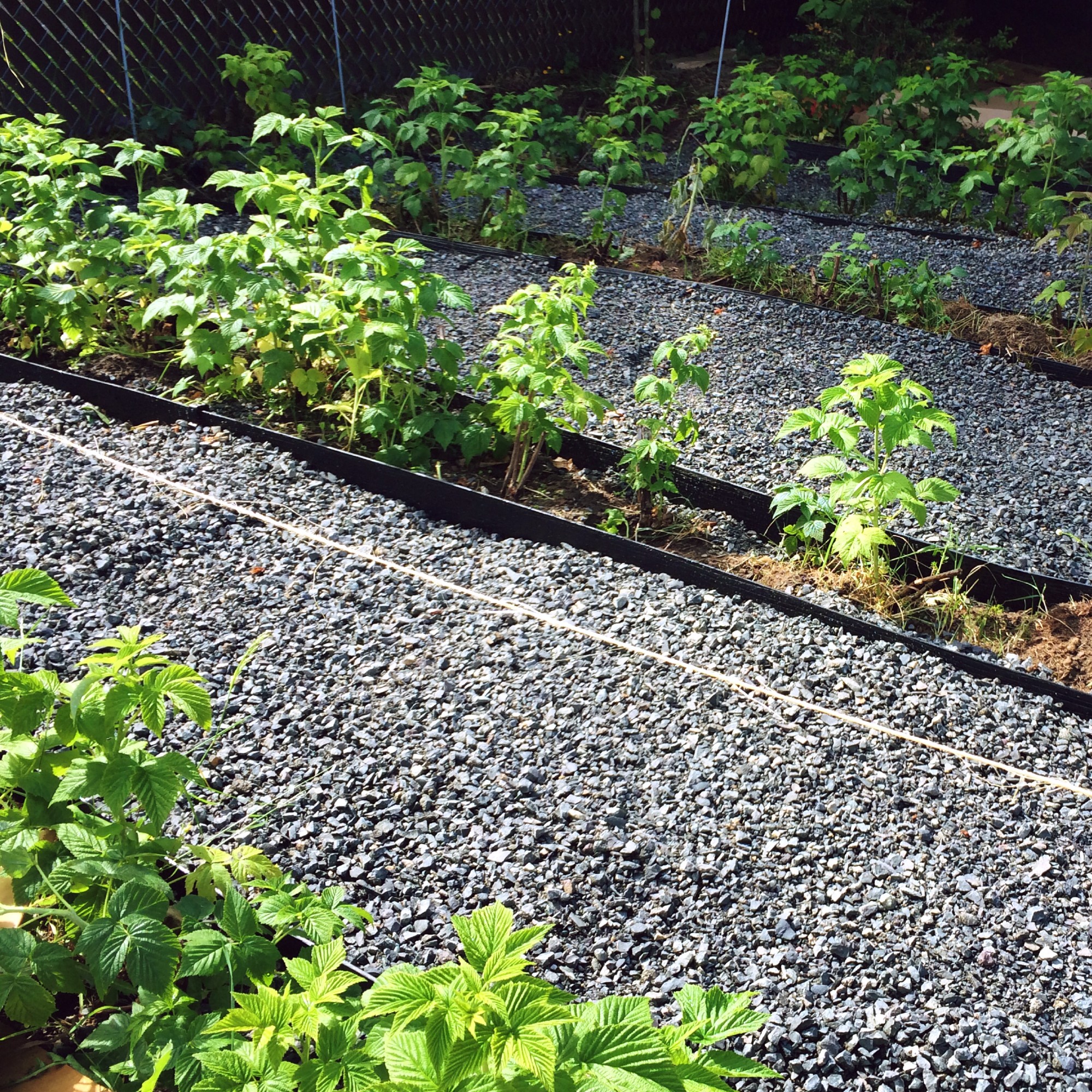
What happens if you don't cut raspberries?
Unfortunately, raspberries are one of those plants that needs tending to. If not pruned, your plant will start deteriorating and your raspberries will stop coming. The stems, also called floricanes, that have previously borne fruit will not produce again. ‘The goal of pruning is to remove the old, fruited stems and encourage the growth of new ones for the next year's crop,’ explains Petar Ivanov, gardening and plant expert at Fantastic Gardeners.
‘Pruning raspberries is a crucial part of maintaining the plant's health and can significantly impact its fruit production and overall lifespan. If you leave your raspberries unpruned, they will be their own worst weed and stunt their own growth, because overcrowded stems compete for light. This way, the shaded buds and leaves in the lower part of the plant will die and you’ll have fewer fruits.’
And we know you don't want that!

Sara Hesikova has been a Content Editor at Ideal Home since June 2024, starting at the title as a News Writer in July 2023. She is now also the Ideal Home Certified Expert in Training on Furniture, and so far has tested 80 different sofas.
Graduating from London College of Fashion with a bachelor’s degree in fashion journalism in 2016, she got her start in niche fashion and lifestyle magazines like Glass and Alvar as a writer and editor before making the leap into interiors, working with the likes of 91 Magazine and copywriting for luxury bed linen brand Yves Delorme among others.
-
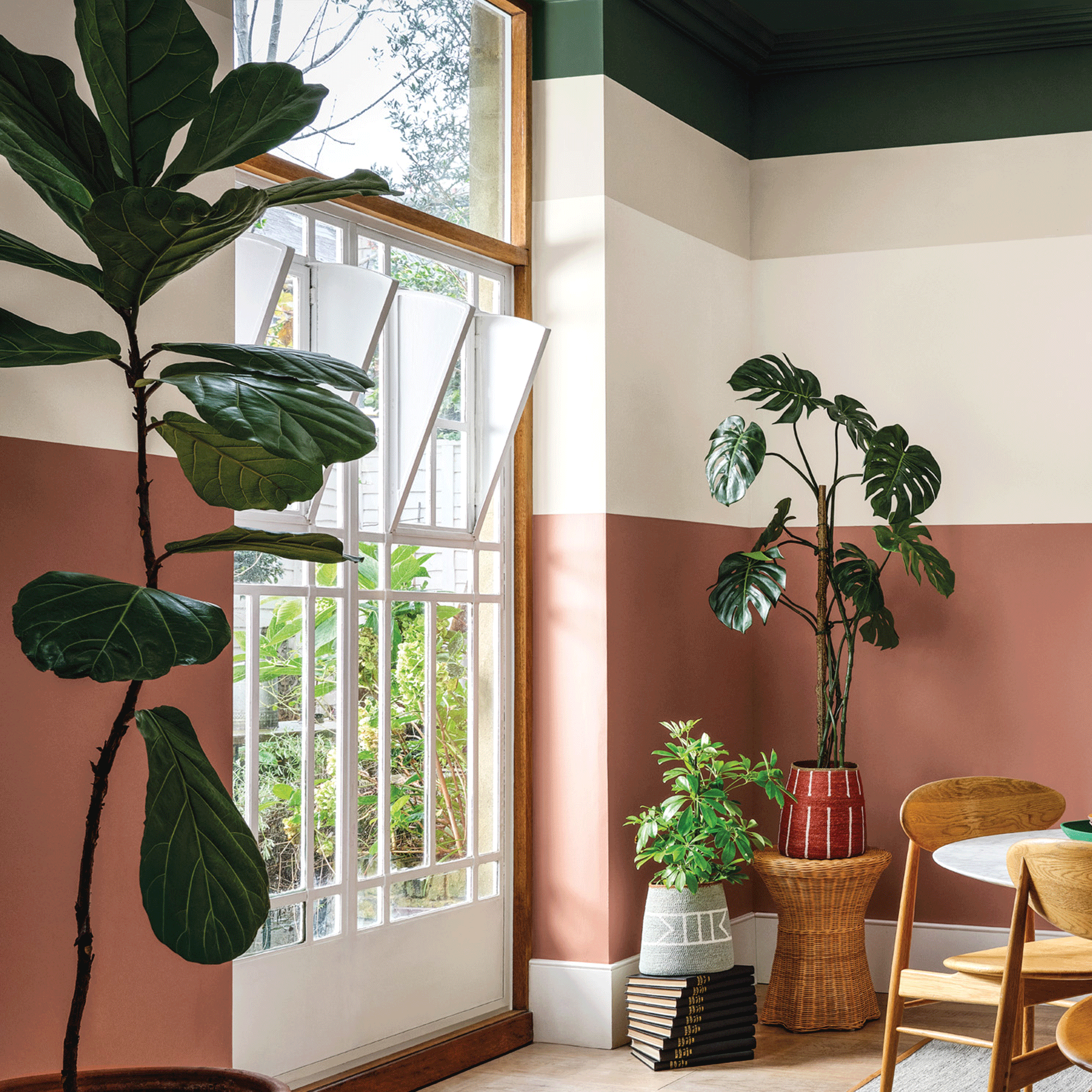 Crown Paint has launched new wall colours for the first time in three years, and changed how I think about neutral shades
Crown Paint has launched new wall colours for the first time in three years, and changed how I think about neutral shadesIs terracotta the ultimate neutral?
By Rebecca Knight
-
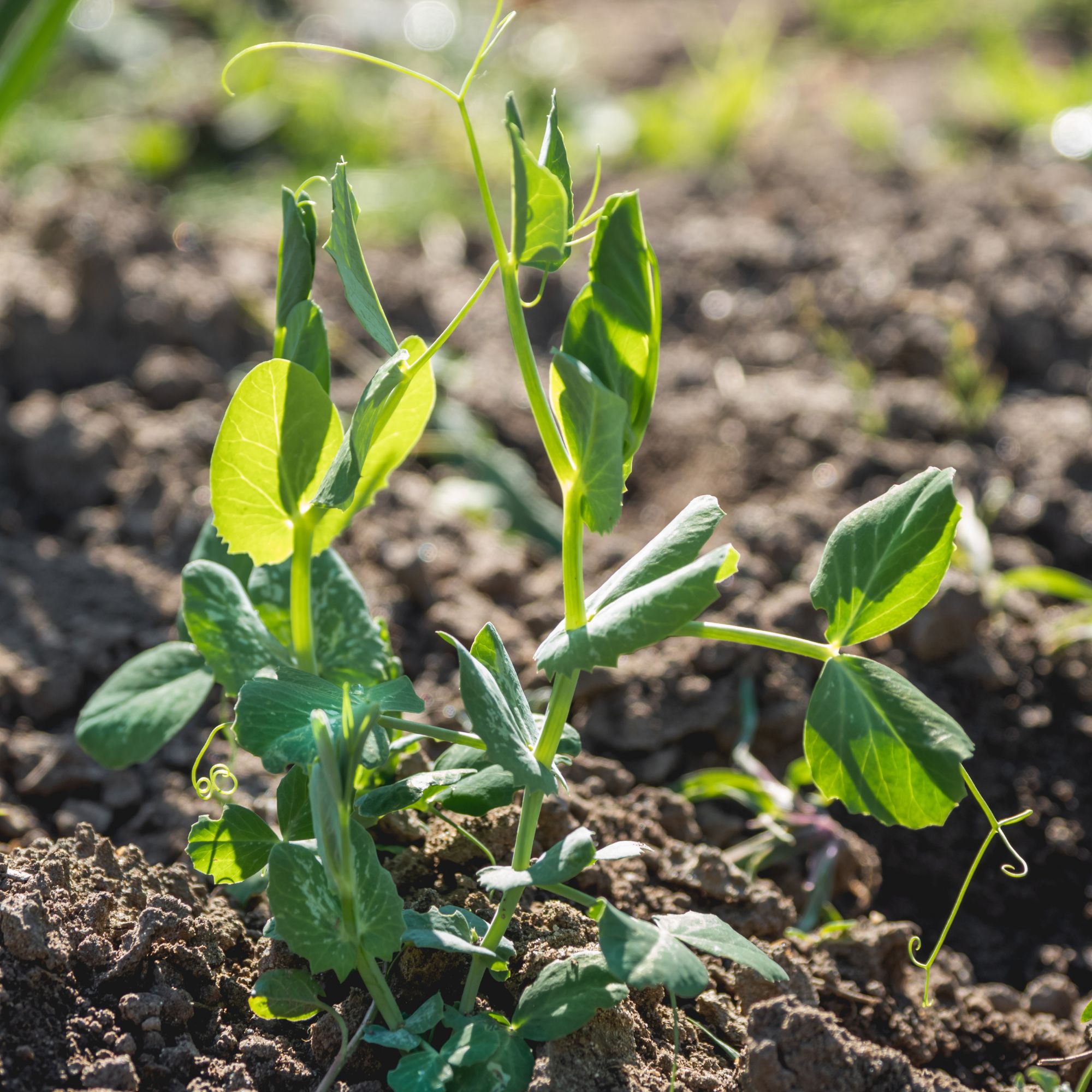 How to protect seedlings from birds – experts say there's a kind and clever way to stop them pecking
How to protect seedlings from birds – experts say there's a kind and clever way to stop them peckingYes, you can protect seedlings from birds without harming your feathered friends...
By Kayleigh Dray
-
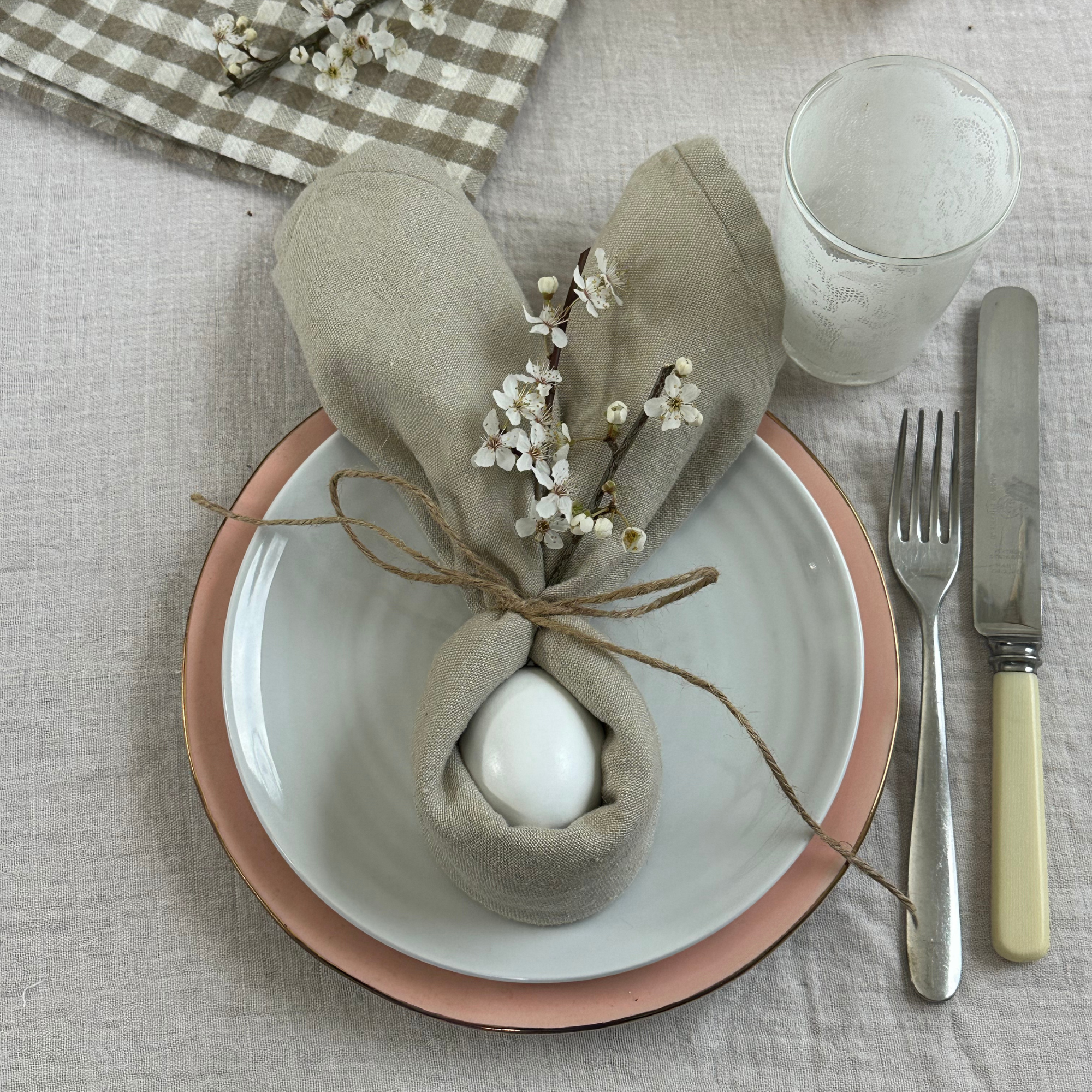 We tried the viral napkin bunny ears hack – it only takes five minutes and will take your Easter table to the next level
We tried the viral napkin bunny ears hack – it only takes five minutes and will take your Easter table to the next levelThis Easter craft is not only beautiful, but really easy to do
By Kezia Reynolds